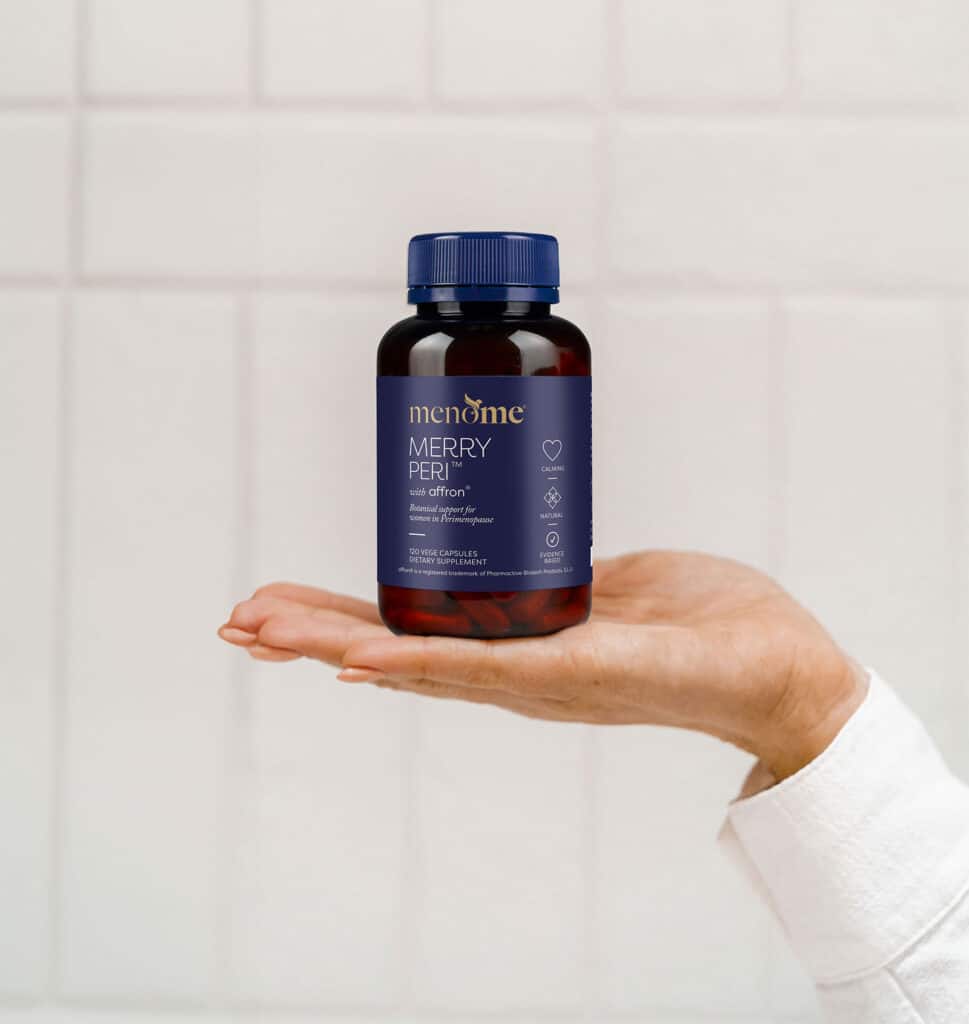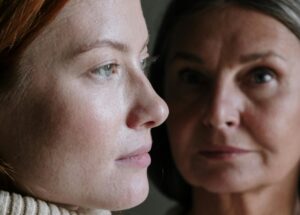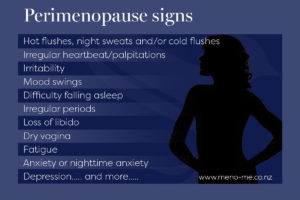My name is Linda and I am a menopausal woman.
Writing those words still makes me feel rather dumbfounded. It wasn’t very long ago that I hadn’t given menopause a thought – it was a term reserved for older women. I vaguely acknowledged that one day it would enter my world, but that was in the distant future. And ‘pffft, how hard could it be? ‘
Little did I know my unique story would prove to be a steep learning curve.
My Story
Approximately 10 years ago, I was in my early 40s. I had a demanding career and juggled work with a relationship and young children. It’s what we do, isn’t it? The family package came with the usual trials and tribulations – managing time and relationships and feeling like I had hundreds of plates spinning in the air at any one time.
Then my husband received the news that he was going to be made redundant. He became moody, belligerent, and not very nice to be around. This was followed by the police bringing my errant 12-year-old daughter home at a time when my 9-year-old son was being particularly petulant. Feeling like it was all too much, I packed a bag and walked out the door. It was completely irrational, but I was unable to cope with it all.
As I couch-surfed, I felt set adrift, feelings of worthlessness enveloped me, and I started to experience terrible bouts of anxiety along with a slide into a deep depression.
Work was something I did because I had to, but I knew my input was – for the first time in my working life, well below par. They were such dark days I entertained the idea of suicide.
As it turned out, this cascade of events led me to discover the world of menopause.
Discovering Menopause
When all else fails, I turn to research, which led me to stories of other women experiencing debilitating side effects from menopause. I swiftly discovered it’s not the old lady disease I’d assumed (for the record, it’s not an illness, it’s a natural life transition). It can begin as early as our late 30s and certainly by our early to mid-40s. Surgical intervention can catapult us into it even earlier.
The beginning stages are called perimenopause, and this is when most of these signs and symptoms can occur. I didn’t want to learn that this could last up to 10 years. Ten years! My research tells me things improve when we go through into post-menopause, so that’s something to look forward to.
I should point out here that not all women experience devastating effects. In fact, some (about 20%) experience nary a blip in their lives and many only moderate signs like hot flushes and mood swings. But for those of us who do experience significant symptoms (approximately 22%), it can turn our world upside down. Quite literally, as my story shows.
On my learning journey, I’ve heard many women say they’re surprised they’re still married (if they made it through) or that their career was negatively impacted.
For others, work became out of the question. One study in the UK showed that a huge percentage of women consider resigning at this time in their lives; in 2018, the ABC Australia (partially) titled a story about menopause “the silent career killer“.
Let’s Talk
Thankfully, more women are talking about menopause these days. Once the conversation opens up – admittedly, there are women who don’t understand what all the fuss is about – the relief is palpable. Those who have been blindsided by menopause are able to talk about it with someone who understands. It also gives them the capacity to find answers and/or solutions to their questions. At the very least, it shows them they’re normal.
You only have to look at some of the comments on Facebook threads that are relevant to the subject. (The following are not actual quotes in order to protect anonymity, but I have taken inspiration from some.):
“No, I don’t think I have a mental illness but boy oh boy sometimes I have my doubts about that. What with depression, mood swings, social anxiety, losing my job and finding it difficult to get another (as this is a first I have to assume it’s age-related) it’s a minefield…”
“OMGoodness this menopause thing is hard psychologically, physically and emotionally. It’s affected my relationship, my friendships and my ability to work…”
“The worst time of my life. I’ ve mood swings, hot flushes, depression and I’ve also lost both parents during this time and the kids have left home which I’ve found difficult. The last couple of years have been hell on earth…”
“My sister hasn’t experienced any of the side effects I have and my mother died last year so I don’t really have anyone to talk to about it…”
The fact is that half of the population will go through menopause, so we need much more awareness and education. Most GPs don’t receive a lot of training in the subject and therefore don’t have a lot of understanding. It’s quite common for them to prescribe antidepressants or HRT (Hormone Replacement Therapy), now known as MHT or Menopause Hormone Therapy, neither of which suits everyone. My insurance broker told me that being diagnosed with depression could also impact your health insurance.
One hundred years ago, we often didn’t live long enough to go through menopause, and some theories suggest it’s the industrialised world we live in that’s exacerbating symptoms. And then of course, there’s that modern-day malady, stress, which is often touted as a culprit. I can quite believe that!
This quote is by Diane Danzebrink in an excellent article she wrote in the UK’s Guardian newspaper sums it up well:
“It can affect us all: women suffer in silence, relationships break down, and careers are lost. Far too many are paying the needless price for a woeful lack of menopause education, care and support.
The highest rate of suicide among women in the UK is between the ages of 45 and 49, when most women will be experiencing perimenopause. This could be the ultimate hidden cost, and it matters.”
It was this article that prompted me to share my story with you. Menopause has a broad impact on women’s overall health and wellbeing – and the more we talk about our stories and educate ourselves, as well as our daughters, granddaughters, nieces and all of the younger women in our lives – the better off we’ll be. Goodness knows it could be life-saving.
The Happy Ending
In case you’re wondering I found a natural solution that worked for me with Merry Peri® and lifestyle factors like changing my diet (smile-y face). For medical reasons, not everything is suitable for me.
And I went home to my husband and helped him understand what’s going on with me. I’m lucky he’s a loving and patient man. You might find it interesting for your own relationship that my research showed he’s undoubtedly going through a hormonal transition as well. Male menopause – andropause – is most definitely a ‘thing’ for some men.
If you’ve read to the end, I sincerely hope my story has helped you. For family reasons, I haven’t used my real name, but don’t hesitate to reach out to me through this website.
Linda
Editor’s note: If you have a story to share, we’d love to publish it. We understand it’s hard to put yourself out there, so if you wish to be anonymous, we respect that. You can do that here. Or, if you would like to talk in a less public forum, come and join our private Facebook Group: the 40+ Club. Click here to join.










